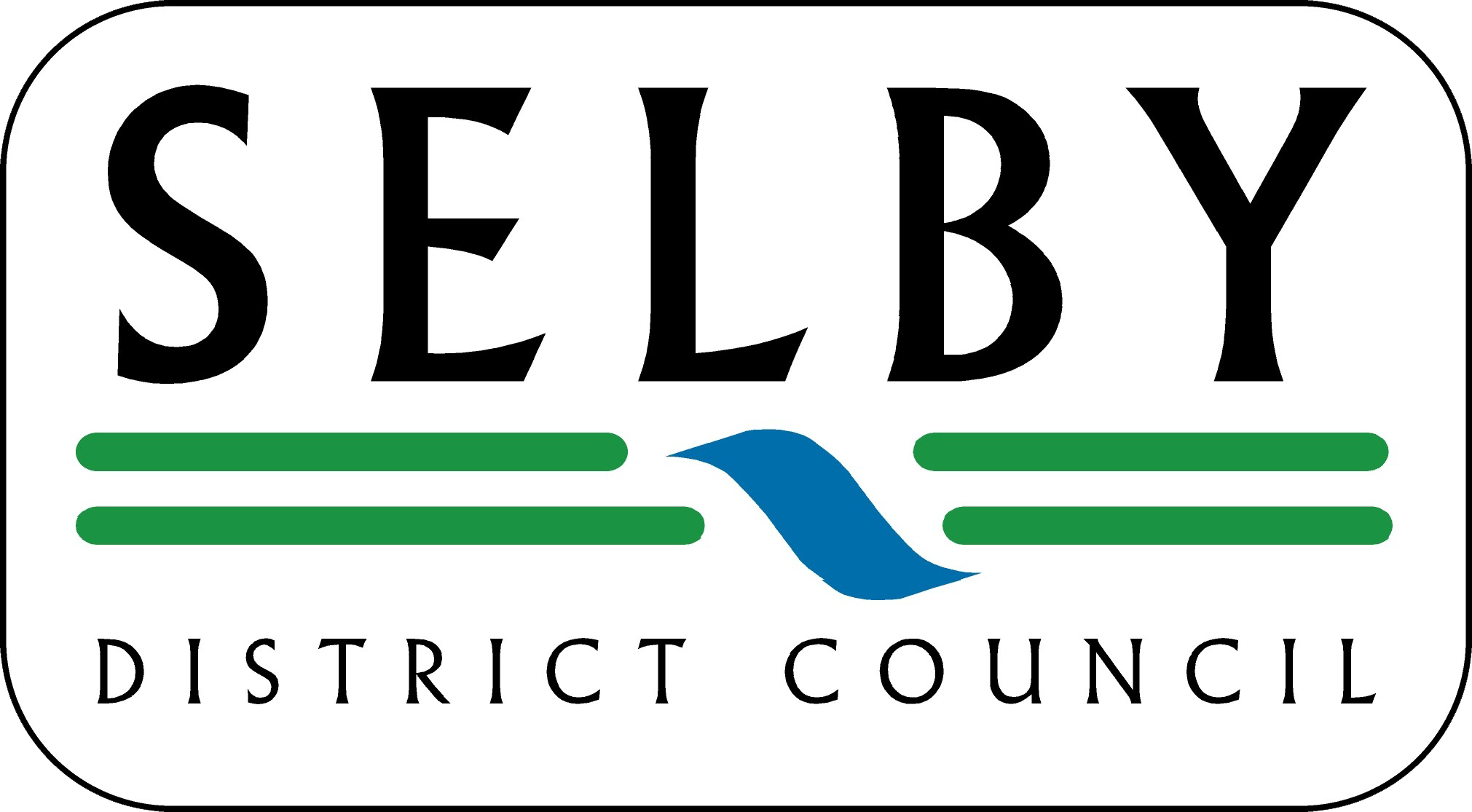Agenda item
Monk Fryston and Hillam Community Buildings Sustainability Project
To welcome Ray Newton of the Monk Fryston and Hillam Community Buildings Sustainability Project to the meeting of the Committee to brief Members on a joint initiative, to include residents and organisations within Monk Fryston and Hillam, who are working together to combat climate change.
Minutes:
Mr Ray Newton from the Monk Fryston and Hillam Community Buildings Sustainability Project was welcomed to the meeting and gave an overview of the project, which aimed to make five community buildings across the two villages of Monk Fryston and Hillam carbon neutral.
The Committee noted that the original five community buildings included the Community Centre, the Primary School, St Wilfred’s Church and Church Hall and the Cricket Club, with the Football Club as a late addition to the group.
It was explained that the project had come about through a small group of people who wished to reduce the communities carbon emissions, and who joined forces with other like-minded people and organisations within the two villages to effect change.
Members noted that external advice had been provided by the Chief Officer at Selby District Association of Voluntary Services (AVS), and the Yorkshire Energy Doctor, Kate Urwin. It was commented that their contribution had been invaluable in terms of signposting the group towards organisations who could potentially offer grant funding and in establishing baseline electricity usage data, suggesting ways in which to make the buildings more energy efficient, and investing in a thermal imaging camera.
Members heard a timeline of events for the project which had been conceived in 2019, with the Community Association and the Primary Schools Parent Teachers Association (PTA) agreeing to use sustainable materials and recycle all waste. Following this the leaders and management groups of the five community buildings had agreed to become partners in the project and a Steering Group had been formed.
Despite the pandemic, a community survey established that there was strong support for the project, and in view of this the group applied for a grant from the Rural Community Energy Fund (RCEF) to undertake a feasibility study to assess if the aim of making the buildings carbon neutral was realistic; the application was successful.
The feasibility study clearly showed that given the dispersal of the buildings round the two villages that they could not benefit from a shared power generation system or a community heating system, therefore each building was surveyed on its individual requirements with a customised solution developed for each one.
Members heard that to date the community centre had installed roof mounted solar panels, EcoWall insulation and an electricity storage battery, and the Primary School had replaced lights and windows and installed a new heating control system.
The Committee acknowledged that the children at Monk Fryston CE Primary School were very engaged with the environmental work, and keen to achieve the Eco-Schools Green Flag Award; this was seen as a positive step for the future.
Mr Newton informed the Committee they had been encouraged by the Council’s Low Carbon Project Officer to write a press release that would publicise what the group were achieving, and this had prompted pod casts and the group being featured on a Radio York broadcast. The Group were able to share their knowledge and what was achievable with a little bit of tenacity.
Members asked questions to include, were any local businesses involved with the project, where were the simplest savings to be made, who was responsible for the governance and any grant funding monies received; and how many electricity storage batteries were in use at the Community Centre.
Mr Newton informed the Committee that as the project had started at the beginning of the pandemic, all the local businesses had been closed, and therefore none were involved with the project, and the simplest savings were made through a reduction in energy consumption. In terms of governance, the Steering Group met twice yearly, with any advice being passed to the individual organisations. Any individual funding received sat within the organisation that had applied and been granted the funds.
With regard to the Community Centre, the Committee were advised that the building had one electricity storage battery, as the electricity supply cable limited the number of batteries which could be installed. In the five months from May to September 2022 it was noted that the building had only taken 4% of electricity from the national electricity grid.
In terms of what was next for the group, Members were advised that the installation of an air source heat pump was planned for the Community Centre in 2023, and the Cricket Club were due to replace their cess pit later this year.
Mr Newton stated that Monk Fryston and Hillam Community Buildings Sustainability Group did not offer advice, as they were not suitably qualified to do so, however they did share their experience and learning with other village groups in the hope that they would not make the same mistakes made by the group in the early days of the project.
Finally, in relation to what it was felt the Council could do to enable sustainability, Mr Newton listed a number of suggested initiatives to include developing an exemplar building, supporting local community groups, signposting groups to public works loans via Parish Councils; and demonstrate what can be achieved, then ensure that momentum is developed and maintained.
The Chairman thanked Mr Newton for attending the meeting, and for sharing the groups experiences and knowledge gained during the course of their journey.
